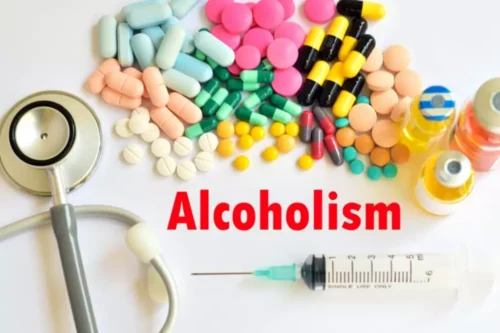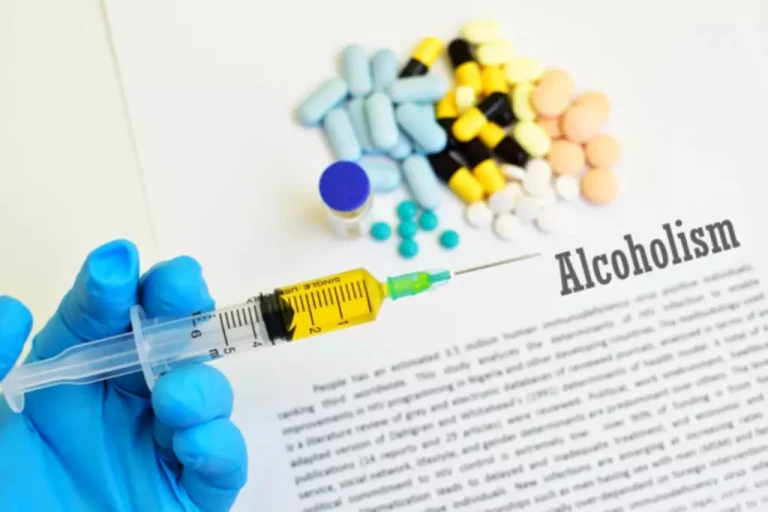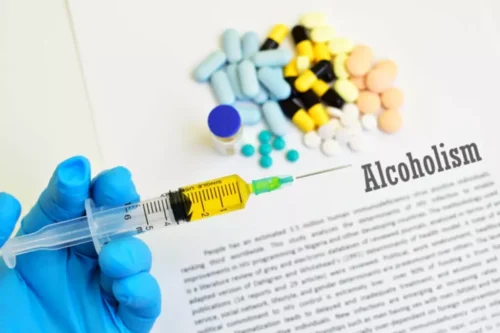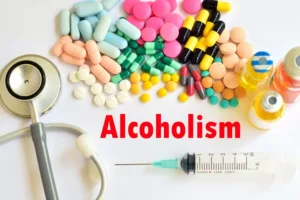
Pride is one of the seven deadly sins for a reason. It leads to judgment, isolation, and a feeling of superiority. None of these things are conducive to a healthy recovery. People in the rooms refer to this as a ‘god-sized hole’. It’s a void that we used to fill with drugs and alcohol.
thoughts on “A Spiritual Inventory”
Selfishness, self-centeredness, and self seeking are manifestations of spiritual malady that contribute to the cycle of addiction. The Big Book cites the ego as the driving force behind these symptoms, further isolating us and exacerbating our addiction. The selfish behavior focuses on personal gratification rather than meaningful connections, perpetuating the cycle of addiction caused by selfishness self centeredness. Addiction and self-destructive behaviors, including drug addiction, are frequently driven by a spiritual malady, intensifying the recovery struggle for individuals.

Big Book Online (PDF) of Alcoholics Anonymous.

My recovery from alcoholism was my responsibility alone. I could not recover for anyone else, and no one else could do it for me. If I could have stopped drinking on my own, I would have done it long ago. I needed the support of a recovery community, the shared understanding of others, and a daily commitment to do the work.
Finding We Matter: Through Our Service to Others

The content of the Big Book is structured to guide individuals through the recovery process. It includes personal stories from members, outlines the Twelve Sober living home Steps of recovery, and provides insights into the nature of alcoholism. Notably, the book introduces the Twelve Traditions, which are principles aimed at ensuring the unity and effectiveness of the AA fellowship. This is the Fourth Edition of the Big Book, the basic text for Alcoholics Anonymous. Since the first edition appeared, in 1939, it has helped millions of men and women recover from alcoholism.
What does it mean, “I have a three-fold disease: body, mind, and spirit?”
Our spiritual malady causes us to be restless, irritable, and discontented. We feel like we are crawling out of our skin. Basically, the alcoholic, once they start they cannot control the amount they take. The Big Book calls this the phenomenon of craving.
- It was a long and sometimes painful journey.
- Many other areas of our lives may be unmanageable but that is not what step one is about.
- A business which takes no regular inventory usually goes broke.
- The reason we cannot just quit is that our mind constantly has us believe that we can control and enjoy our drinking.
Once you’ve found something that you can believe in, it’s important to remember that your Higher Power is there for you when you need it. When things get tough, take a moment to pray, meditate, or just sit quietly and think about your Higher Power and what it means to you. Allow yourself to feel the strength and support that comes from knowing that there is something bigger than yourself out there rooting for your success. One of the great things about AA is that it’s flexible – you can make it work for you, even if you don’t believe in God. So, instead of fixating on the parts of the program that don’t work for you, focus on the things that do.
How do I handle my spiritual malady if I don’t believe in God?
(Acronym for GOD) I was left with no other choice but to surrender to the suggestions of a sponsor. One of the most important things in AA is finding a sponsor – someone who has been through the program and can help guide you through it. If you’re struggling with the concept of God, try to find a sponsor who shares your views. That way, they’ll be able to relate to your experience and offer advice from a place of understanding. Whenever you find yourself feeling irritable discontent bored with your life or depressed it is likely that you may have skipped meditation or prayer.

Sanity and Insanity in AA
- This inner conflict can be caused by many different things, such as childhood trauma, unresolved grief, or trauma related to addiction.
- Plus, we’re always introducing new features to optimize your in-app experience.
- From admitting powerlessness over alcohol to making a moral inventory and admitting wrongs, each step plays a crucial role in spiritual healing.
- Here at California Detox in Laguna Beach, we can help you unpack the physical, psychological, and spiritual aspects of alcoholism.
- Remember, you can’t heal a wound by saying it’s not there.
It is constant maintenance of being spiritually connected with a god of your understanding. A spiritual malady is a deep-seated inner conflict that leads to restlessness, irritability, and discontentment. It is a sense of “otherness” that keeps us from feeling at peace with ourselves and the world around us. Mentally, we obsess over that drink or drug. We become so fixated on it that almost everything we spiritual malady aa big book do leads us to think about getting intoxicated.
- This workshop is also for recovered members who want to work with others.
- Addiction and self-destructive behaviors, including drug addiction, are frequently driven by a spiritual malady, intensifying the recovery struggle for individuals.
- Thankfully, the Big Book study did not push the idea of God.
- In some cases, you could have simply forgotten.
- Instead of seeing spirituality as a means to correct a “flawed” character, it can be viewed as a tool to enrich life and recovery.
How do you know if you are having a spiritual experience?
For a while, that seemed to work for us but once we stopped using substances the discontentedness came back to the surface in sobriety. Regardless of how it manifests itself, a spiritual malady is always rooted in an inner conflict. This inner conflict can be caused by many different things, such as childhood trauma, unresolved grief, or trauma related to addiction. A spiritual malady can manifest itself in many different ways. For some, it may manifest as a feeling of being disconnected from others or as a sense of emptiness. For others, it may manifest as anger, anxiety, or depression.
Alcoholism: a soul sickness
Finding the right support system can make a significant difference in maintaining sobriety and fostering spiritual growth. Professional assistance is often required to tackle spiritual malady and addiction. Seeking professional treatment is crucial to address both the physical and spiritual dimensions of addiction. Integrated treatment programs offer a combination of medical detox, therapy, and spiritual support to provide comprehensive care for addiction.





